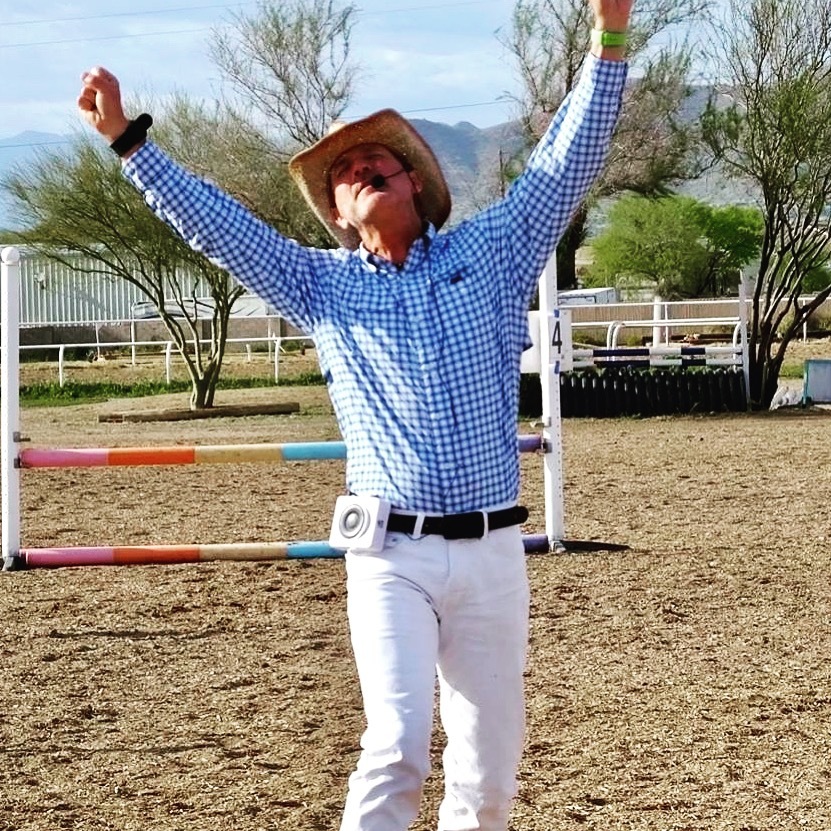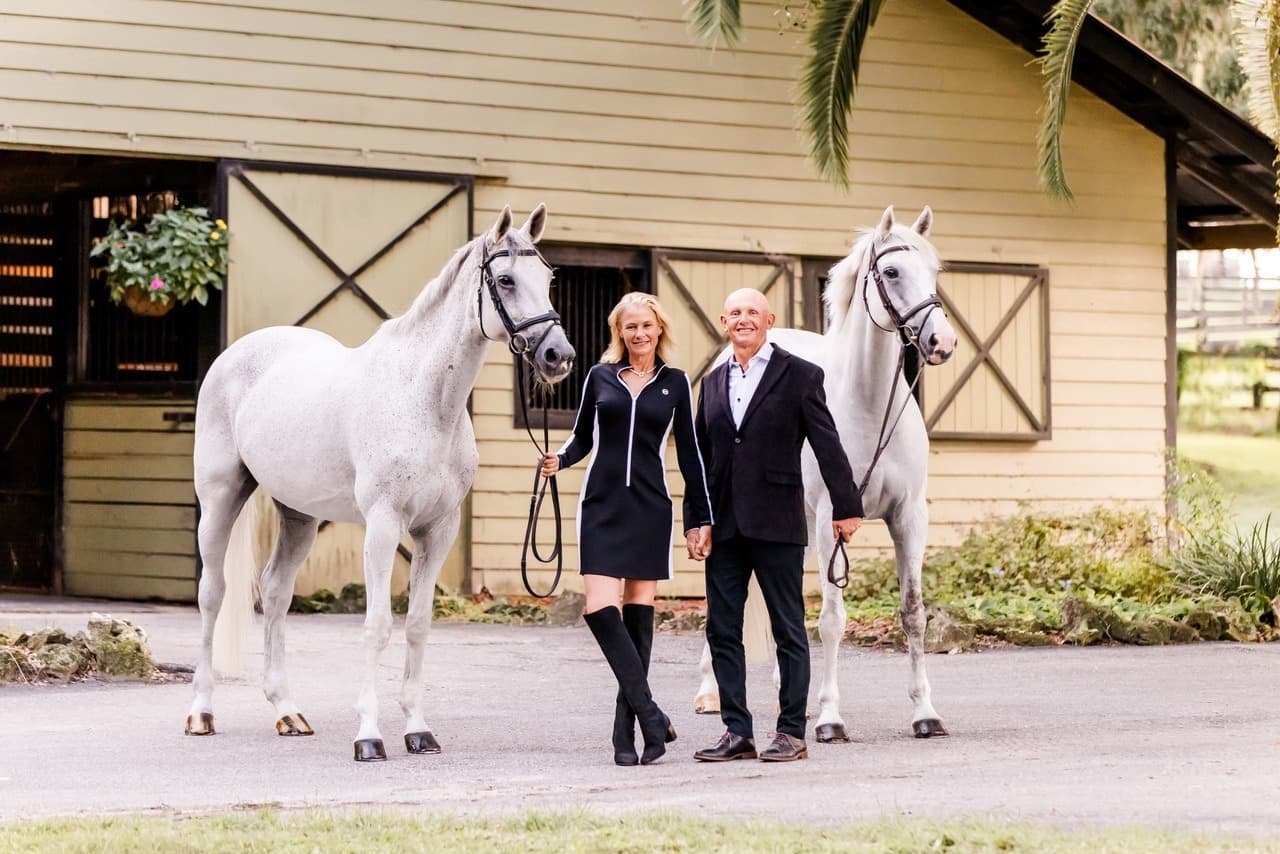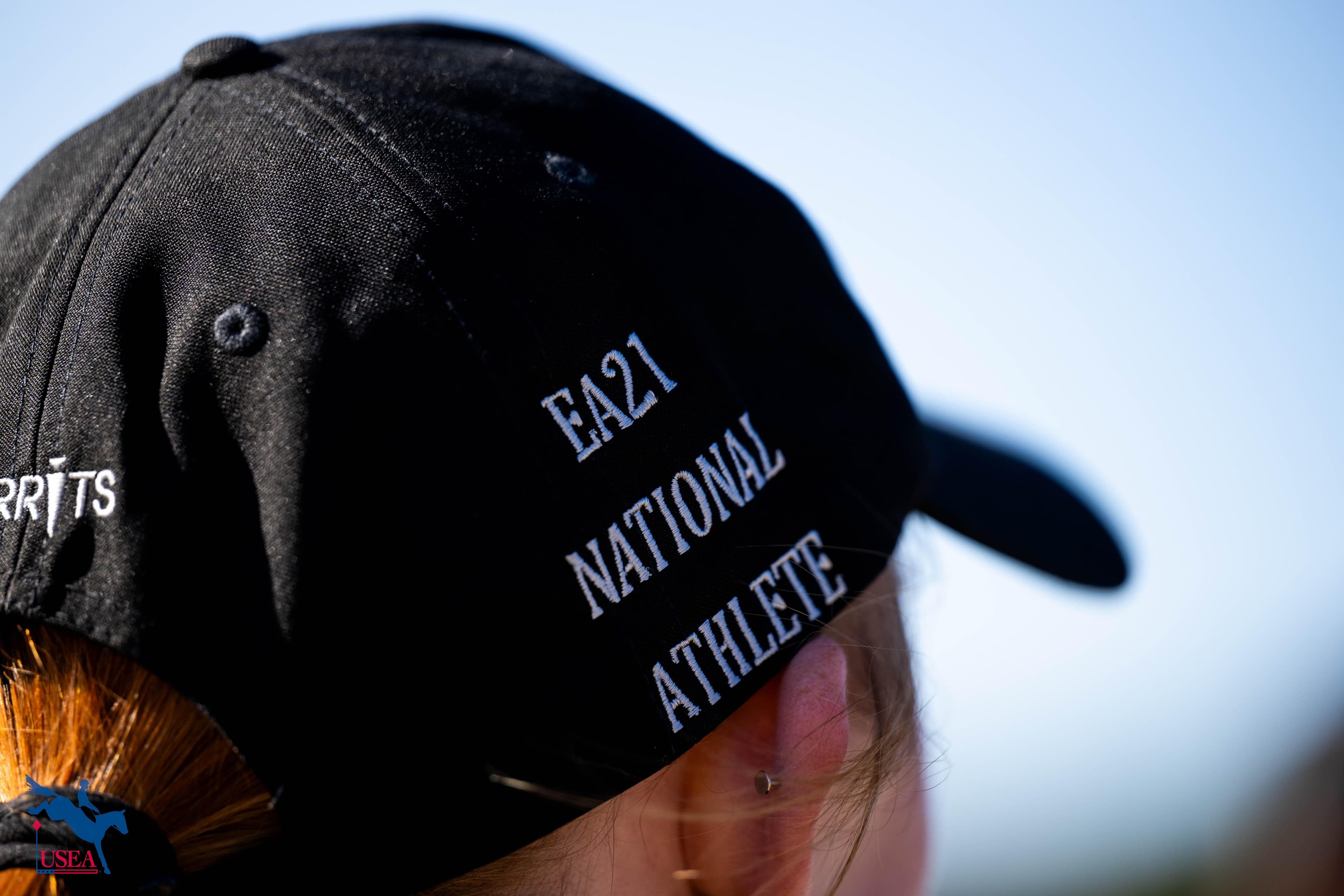Daniel Stewart's Tip of the Month: Admit, Accept, and Advance

One of my favorite sayings is, “Riders don’t make mistakes, mistakes make equestrians!” Mistakes make us bigger, bolder, brighter, and braver, but only if we have the courage to own, accept, and learn from them. Coping with mistakes, mishaps, missed opportunities, and messing up is, however, is a common struggle shared by many riders. Even thought we’ve all been told that mistakes are learning opportunities, not missed opportunities (which they are!) it’s often much easier for us to define ourselves by the mistakes that we make rather than by the effort that we made.
One of the most empowering skills any rider can develop - on or off their horse - is to learn to admit, accept, and advance from their mistakes. It’s been said that your last mistake is your best teacher, but you can’t learn from your teacher if you don’t go to class (or if you go to class but don’t listen to her). The same thing happens in riding. If you make a mistake but don’t accept it (i.e. you blame it on the judge, wind, rain, or horse) it’s like going to school but not being willing to listen to your teachers.
Developing the ability to own and accept mistakes (and more importantly, learn from them) often requires the use of a technique called reframing, which occurs when we learn to view (reframe) negative events in a positive way. While reframing can be a bit tricky in the beginning, it’s absolutely necessary if you ever hope to admit, accept, and advance from your mistakes. For example, instead of feeling disappointed or discouraged because you got disqualified, you reframe it into a learning opportunity by identifying what caused it so that you can avoid letting it happen again in the future. When you have the courage to do this, you can effectively change the negative into a positive and can now learn from the experience.
Believe it or not, one mandatory sub-skill when it comes to reframing is curiosity - learning to ask self-directed questions when feelings of disappointment or defeat arise. "What caused me to make this mistake?" or "What did I learn from it?" are examples of how positively-directed questions can lead to productive answers that can ultimately create a plan for improved future efforts.
In addition to learning to cope with mistakes, refraining can also be used to change a potentially stressful or fearful event into one that feels more manageable and less threatening (like when a nervous public speaker imagines her audience in their underwear). Changing what the stressor means to you (by reframing it as something else) changes how your brain views the challenge, how it responds to it, and ultimately how you cope with it. Two recent examples of reframing that I witnessed occurred when a rider stopped worrying about a scary fence by calling it "the big purple thingy with the flowered sticky-thing poking out” and when another rider imagined the judge as a good friend giving her friendly advice and helpful hints.
Regardless of the challenging situation - mistake or otherwise - it can almost always be reframed into something positive; but it's up to you to find what that something is. So the next time you get stuck in a rut, make a mistake, or finish poorly, always remember what Einstein said: "In the middle of every difficulty lies an opportunity,” but only if you have the courage to reframe the difficulty as an opportunity!

I hope you’re enjoying my monthly tips and that I’ll get the chance to teach you in one of my 47 riding clinics occurring around the country this summer, or that I’ll see you in one of my four-day Equestrian Athlete Training Camps held at the Lake Placid Olympic Training in July or at the IMG Elite Athlete Institute in Sarasota Florida in December. Riders of all levels and ages are welcome! For more information, click here.














